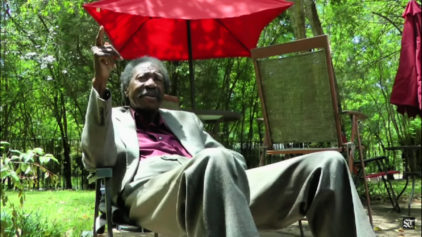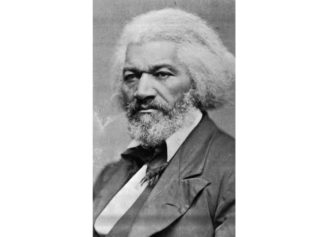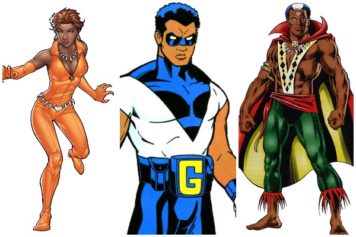I’ve been told it shouldn’t matter. But as one in a handful of black professionals in the outdoor recreation industry, I can’t help being wildly excited. In June, the first team of African-American climbers will attempt to reach the summit of Alaska’s Mount McKinley, the tallest peak in North America. Also known as Denali, at 20,328 feet this mountain is literally the highest physical point anyone can achieve in the United States. And as metaphors go, it is the ultimate realization of the dream Martin Luther King Jr. outlined in the 1963 speech that followed his historic march on Washington.
“I have a dream today,” he said, “that one day every valley shall be exalted, every hill and mountain shall be made low, the rough places will be made plain, and the crooked places will be made straight.”
Called Expedition Denali, this climb marks the first time a team made up of black men and women will aspire to stand at the very top of North America. And though many African-American alpinists have reached the summit over the years since it was first climbed in 1913, Expedition Denali is a bold statement meant to inspire a new generation of all races and ethnicities, particularly minority youth, to travel out into the natural world in search of adventure—and join in the movement to help protect it.
Organized by the National Outdoor Leadership School (NOLS) this project aims to encourage under-represented members of the population to seek recreation experiences outdoors as well as career opportunities in service of the environment.
But in our “post-racial” society there are those who believe that initiatives like Expedition Denali are unnecessary and not even noteworthy. After having come so far as nation to rise above our tragic past of racial discrimination and prejudice, many wonder how a climb distinguished by race can be a significant accomplishment in modern mountaineering…
Read More: James Mills, adventureblog.nationalgeographic.com


